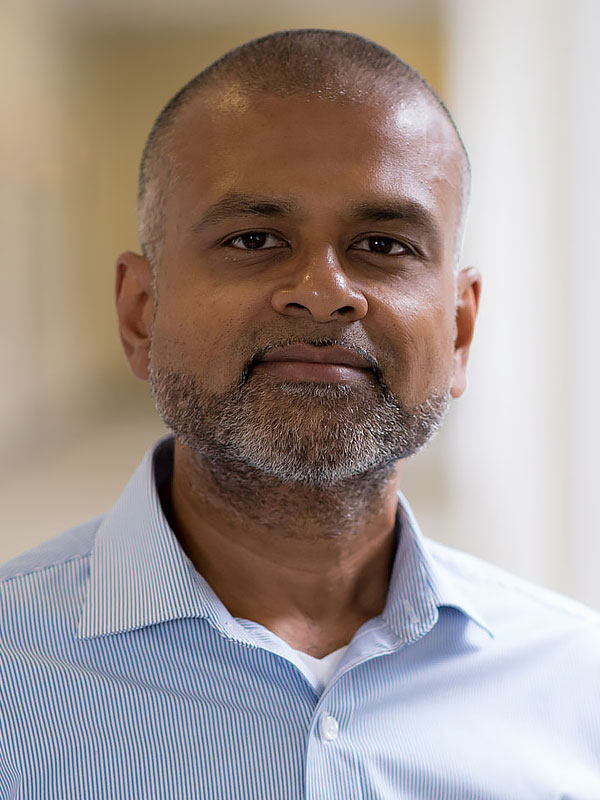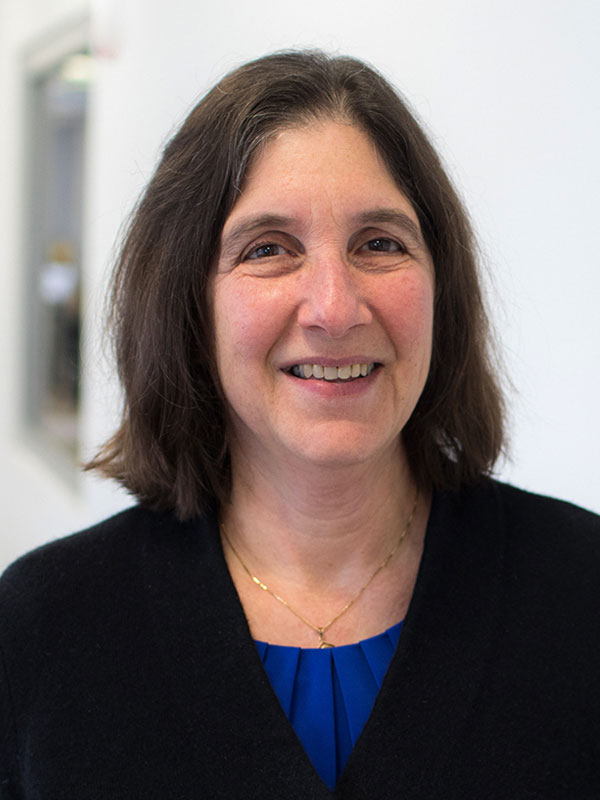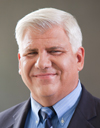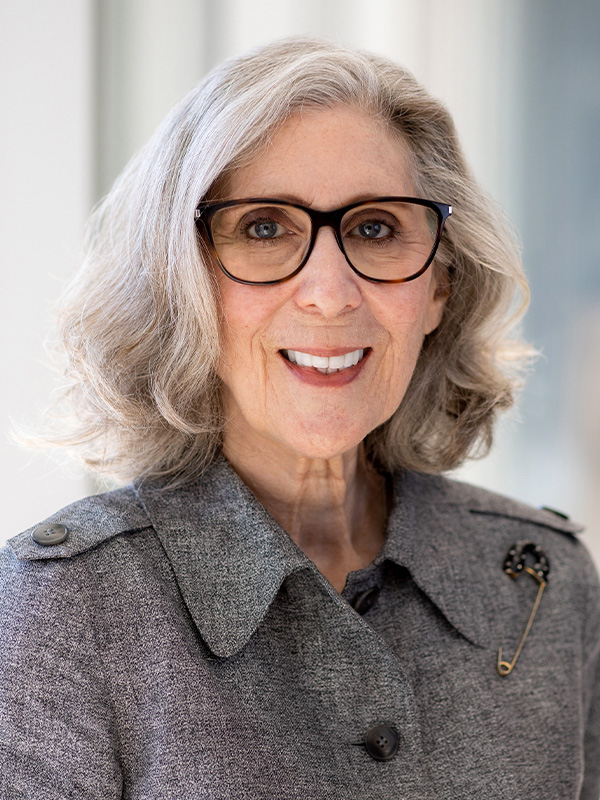Einstein Experts for Media
Search Results
You searched for "vaccines"
5 results found
Kartik Chandran, Ph.D.

Professor, Microbiology & Immunology
Harold and Muriel Block Faculty Scholar in Virology
COVID-19, Ebola, and emerging virusesAntibody-based therapiesAnti-viral therapeuticsVirus-host interactions
A recognized expert on emerging viruses, Dr. Chandran studies how viruses infect cells, and his research seeks to translate this knowledge into new antibody-based therapies. In 2020, Dr. Chandran helped lead Einstein’s research on COVID-19: Within weeks of the global outbreak, his laboratory created a “surrogate” coronavirus that allows scientists at Einstein and elsewhere to more safely study the virus. He also helped develop an antibody test for SARS-CoV-2 that is used clinically at Montefiore Health System and by researchers leading a convalescent plasma clinical trial. read more...
Betsy Herold, M.D.

Professor, Harold and Muriel Block Chair, Pediatrics
Professor, Microbiology & Immunology
Professor, Obstetrics & Gynecology and Women’s Health
Vice Chair, Research, Pediatrics, Einstein and the Children’s Hospital at Montefiore (CHAM)
Chief, Division of Pediatric Infectious Diseases, Einstein and CHAM
Infectious diseasesHerpes simplex virusesCOVID-19 and pediatricsVaccines and antiviralsHIV
William R. Jacobs Jr., Ph.D.

Professor, Microbiology & Immunology, Einstein
Professor, Genetics, Einstein
Leo and Julia Forchheimer Chair in Microbiology & Immunology, Einstein
Investigator, Howard Hughes Medical Institute (HHMI)
Infectious diseasesTuberculosis (TB)Vaccines
Molecular genetics
Dr. Jacobs is pioneering the use of molecular genetics to control tuberculosis (TB), which kills nearly two million people a year. His research is identifying the genes that make Mycobacterium tuberculosis (MTB) - the bacteria that causes TB - virulent, identifying new drug targets and engineering weakened strains that can be used as live vaccines. Dr. Jacobs was the first scientist to introduce foreign DNA into MTB, a technique now regularly used by TB investigators around the world. read more...
Liise-anne Pirofski, M.D.

Professor, Medicine (Infectious Diseases), Einstein
Professor, Microbiology & Immunology, Einstein
Selma and Dr. Jacques Mitrani Chair in Biomedical Research, Einstein
Chief, Infectious Diseases, Department of Medicine, Einstein and Montefiore Health System
Infectious diseasesConvalescent plasmaCOVID-19PneumoniaImmunologyBacterial infections
Steven A. Porcelli, M.D.
.jpg)
Professor and Chair, Microbiology & Immunology
Professor, Medicine (Rheumatology)
Murray and Evelyne Weinstock Chair in Microbiology & Immunology
Microbiology & ImmunologyT-cell immunityTuberculosis (TB)
Dr. Porcelli studies the control of acquired immunity – the type that develops when our bodies generate specific responses involving antibodies or T cells following exposure to vaccines or infection by disease-causing microbes. In particular, he investigates how T cells – which supervise both defense against microbes and immune tolerance – control the acquired immune response. read more...

Tablet Blog